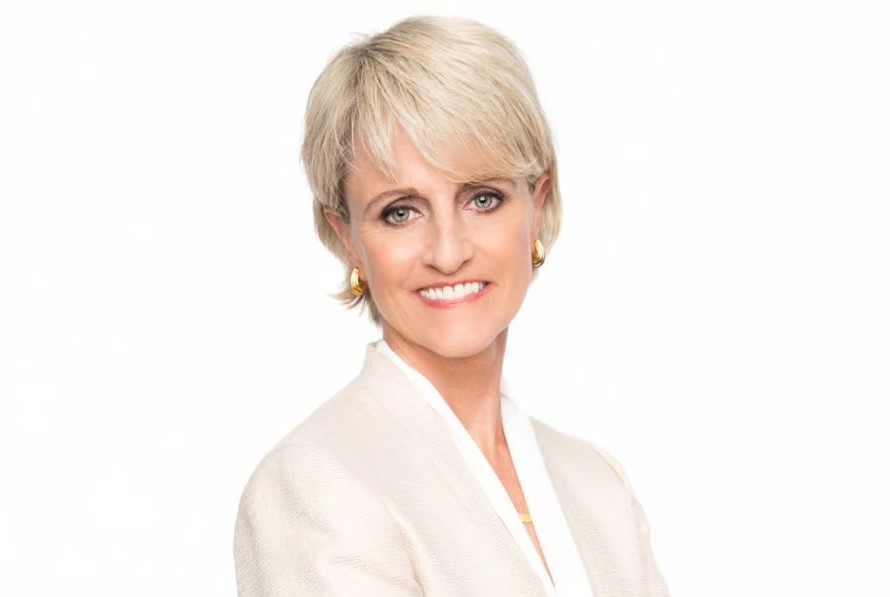

Retirement in the US is increasingly a fluid concept, with people increasingly going back into the workforce years after calling it quits.
Next year, as many as one in eight retirees ages 65 to 85 said they are likely to do so, according to results of a poll published this week by Resume Builder. The leading reason they cited for that is financial (70 percent), with increases in the cost of living outpacing their savings. The next most common reason was combatting boredom, cited by 42 percent. Still, nearly 80 percent said they were at least somewhat enthusiastic about returning to work.
More than one in five, 22 percent of those surveyed, said they are working. Among them, 40 percent said they had previously retired, only to go back. Thirty-eight percent of those working said they didn’t expect retire for at least five years. The survey, which was conducted earlier this month by Pollfish, includes responses from 750 people 65 to 85.
“There are so many different reasons why people go back [to work] and what the benefits are,” said Dr. Carolyn McClanahan, pictured above, founder of Life Planning Partners.
Retiring at 65 doesn’t make sense for many, given that those who live to that age will likely make it to their late 80s, and their retirement savings have to last that long, she said. In 1935, when the Social Security system was created, retirees didn’t live nearly as long past age 65.
Aside from helping to make ends meet, working longer has the financial benefits of helping people delay claiming Social Security, and it means they also have more time to build up savings and fewer years to spend them down.
But the nonfinancial benefits of staying in the workforce in some capacity can be an even bigger motivator, McClanahan said.
“Even if you think you have plenty of money, it’s good to stay engaged in some kind of occupation,” she said. “If you’re in a job and you’re engaged and you’re keeping your skills up, that improves you chances that you’re not going to experience cognitive decline.”
She encourages clients to keep working, even if part time, if possible. By not taking time out of the workforce, people maintain skills and are more likely to be able to find new jobs if needed, she said. Those with gaps in their working years may fall behind and have a hard time getting interviews. Age discrimination is pervasive, and the US could use better policies to protect older workers, she said.
“There is a lot of ageism, and unless you prove that you have good skills, that makes it hard to get hired,” she said. “The beauty about older workers is they’ve developed their work ethic already. Most of them are excited to be able to contribute. They’re a lot more reliable.”
Two thirds of those surveyed said they are at least somewhat concerned about age bias, according to the report by Resume Builder.
“Seniors must remain vigilant about ageism in the hiring process,” Stacie Haller, chief career officer at Resume Build, said in the announcement. “It’s essential for older job seekers to be aware of potential biases and to learn strategies to combat them, such as staying updated on technology, highlighting recent skills, and addressing their value in terms of experience and reliability.”
Most of those planning to start working again said they would do so part time (79 percent), with 13 percent set on working full time, according to the report. More than half, 57 percent, said they would seek jobs in different industries from the ones they worked in preretirement.
Thirty percent want to work remotely, while 31 percent want to work in person, and just 4 percent cited preference for hybrid arrangements. Thirty-five percent said they didn’t care, according to the report.
“The diverse preferences among seniors for remote or in-person work reflect the varying motivations behind retirees re-entering the workforce,” Haller said. “Those who are driven to return to the workforce due to financial considerations often favor remote work, especially if they face mobility challenges, disabilities, or caregiving responsibilities.”

Former Northwestern Mutual advisors join firm for independence.

Executives from LPL Financial, Cresset Partners hired for key roles.

Geopolitical tension has been managed well by the markets.

December cut is still a possiblity.

Canada, China among nations to react to president-elect's comments.
Streamline your outreach with Aidentified's AI-driven solutions
This season’s market volatility: Positioning for rate relief, income growth and the AI rebound
